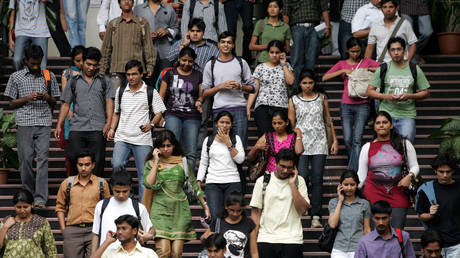Why the Amazing Leap in Savings Rate to Record 33 Percent?
by Mish Shedlock, The Street:

Personal Income and Outlays

Details
- Current disposable income rose 12.9% to $18.66 trillion.
- Current PCE fell 13.6% to $12.51 trillion.
- Savings = $18.66 Trillion – $12.51 trillion = $6.15 trillion
The personal saving rate is savings as a percentage of disposable personal income.
Savings Rate = ($6.15 / $18.66) * 100 = 33.0%
Cobid-19 Disclaimer

“The full economic effects of the COVID-19 pandemic cannot be quantified in the personal income and outlays estimate for April because the impacts are generally embedded in source data and cannot be separately identified.”
Eight Things Impacting Savings
- Stimulus checks
- Forbearance Plans
- BEA Disclaimer and Imputations
- Work-From-Home
- Stores Closed
- Price Drops
- Deferred Medical Spending
- No Vacations
Income Surges as Spending Drops Most on Record
Let’s fill in additional details, some from my report earlier today Income Surges as Spending Drops Most on Record
1: Stimulus Checks: The government sent stimulus checks for $1,200. These are a one time play and the effect will roll off. Check distribution was uneven. People received a check if they were below a certain income level whether or not they lost any income to Covid-19.
2: Forbearance Plans: Credit card companies, auto loan companies, rent companies, and mortgage companies all allowed consumers the right to skip payments if they requested. These amount will have to be made up later.
3: BEA Disclaimer: The BEA admits “impacts are generally embedded in source data and cannot be separately identified.” That pertains to points one and two but there are also mortgage imputations as explained below.
4: Work-From-Home: Those working from home are not buying as much gasoline or eating out for lunch.
5: Stores Closed: Restaurants, bars, and general merchandise stores are closed. Services such as barbers and beauty salons are also closed.
6: Price Drops: Prices generally moved lower. Gasoline, plane tickets, and rental cars are standouts. Also some insurance companies voluntarily dropped rates as people are driving less.
7: Deferred Medical Spending: Elective medical and dental procedures were halted.
Loading...


